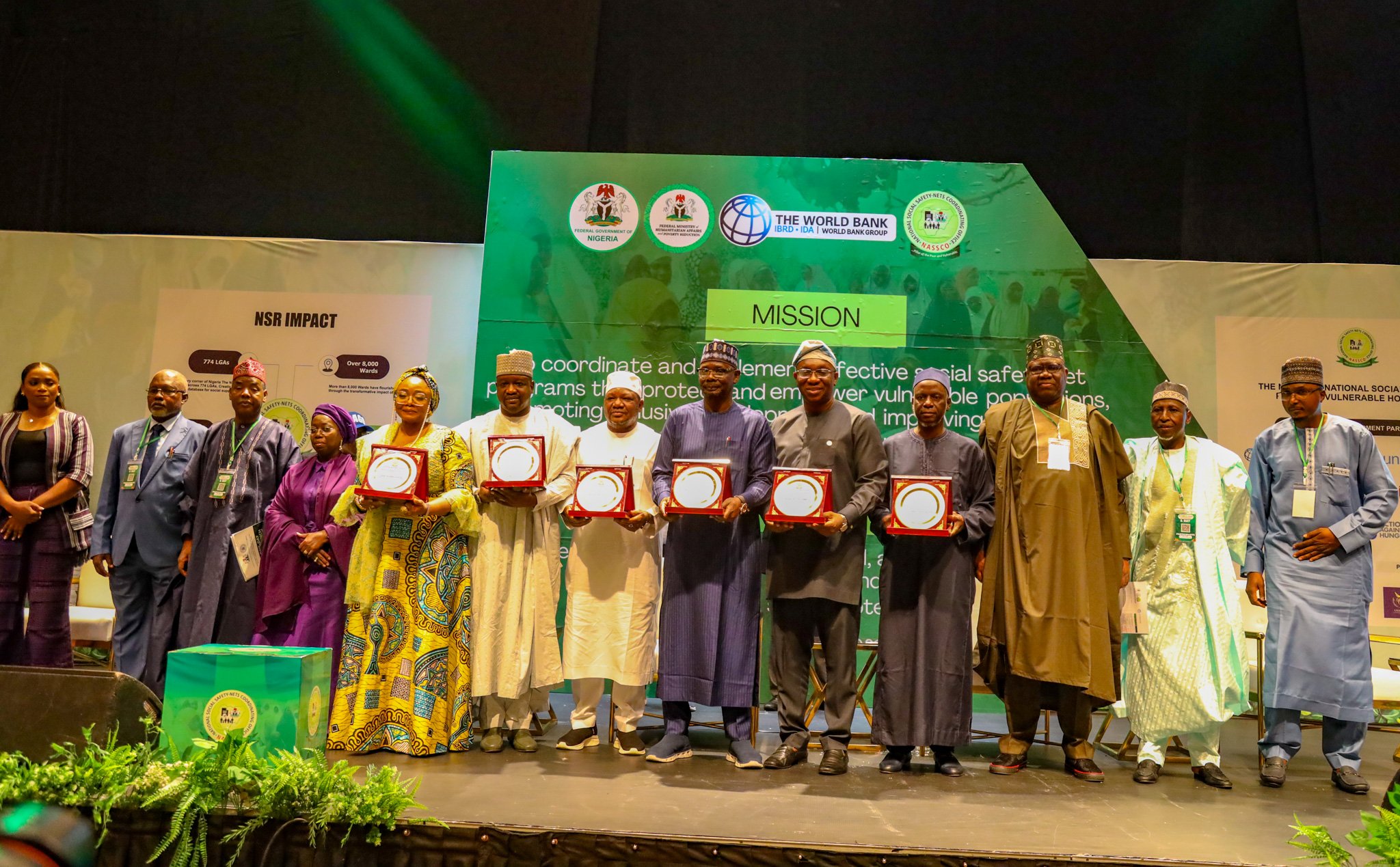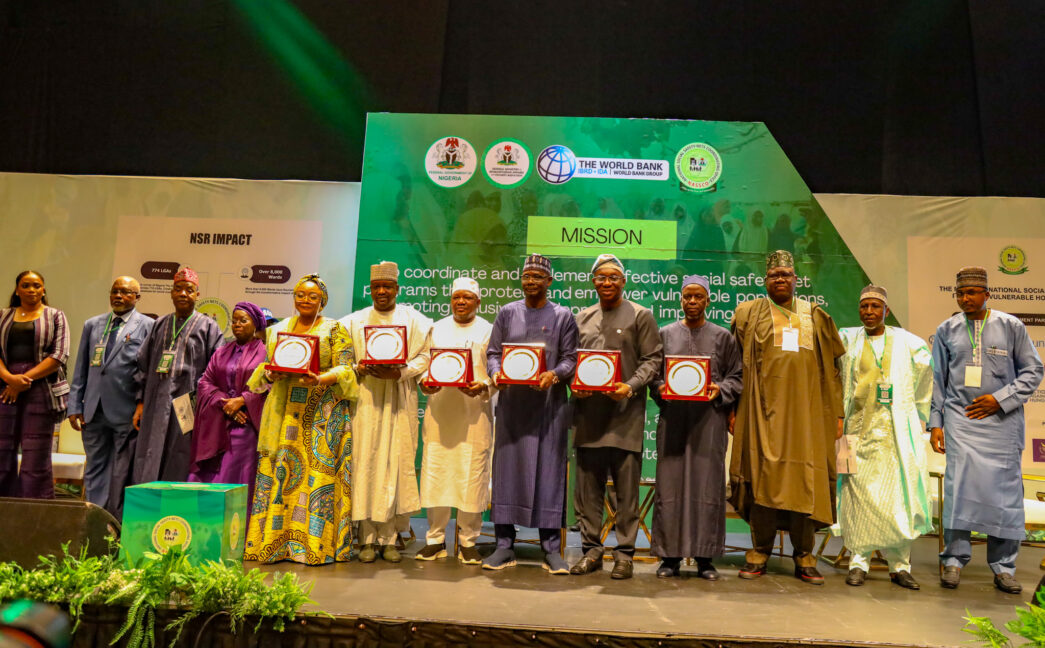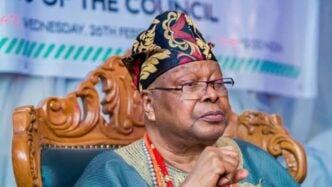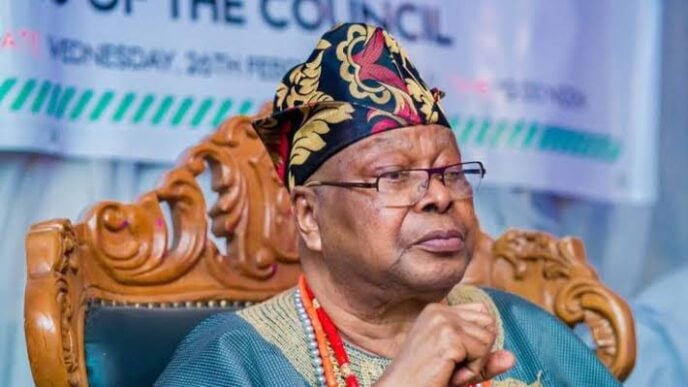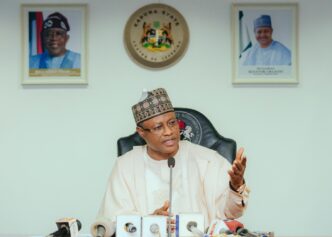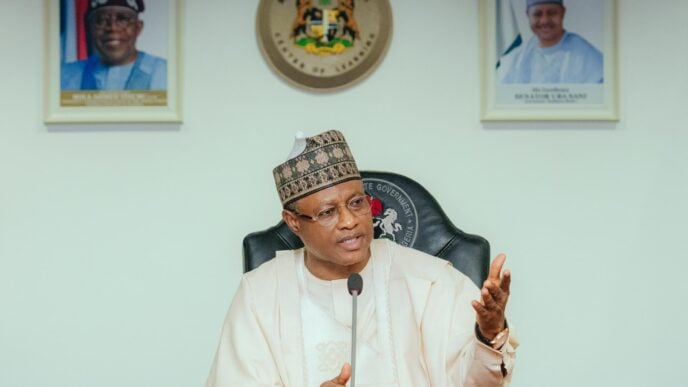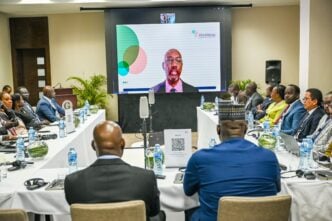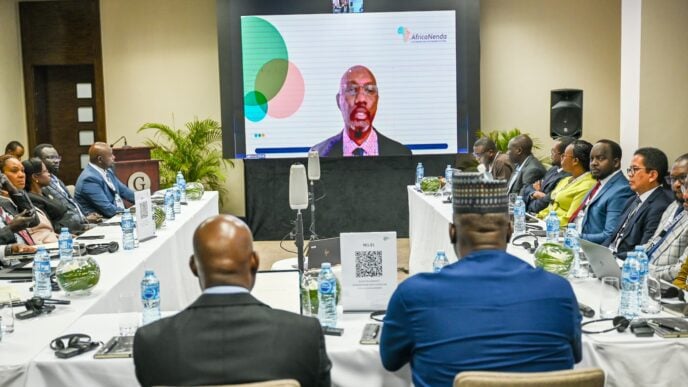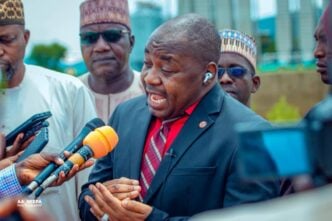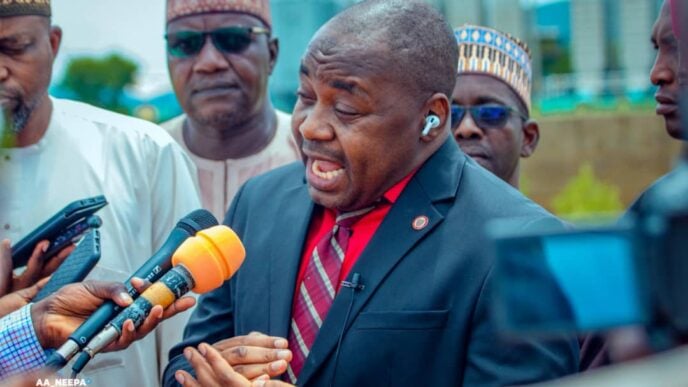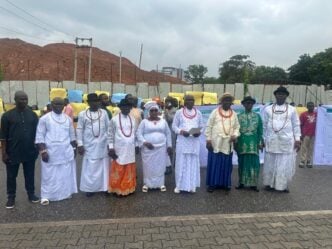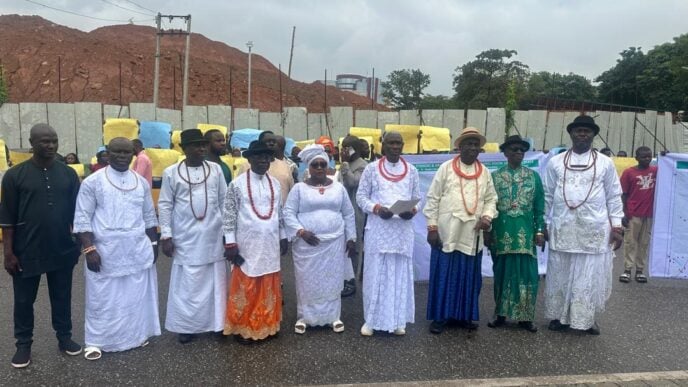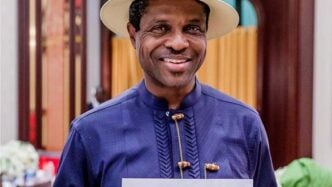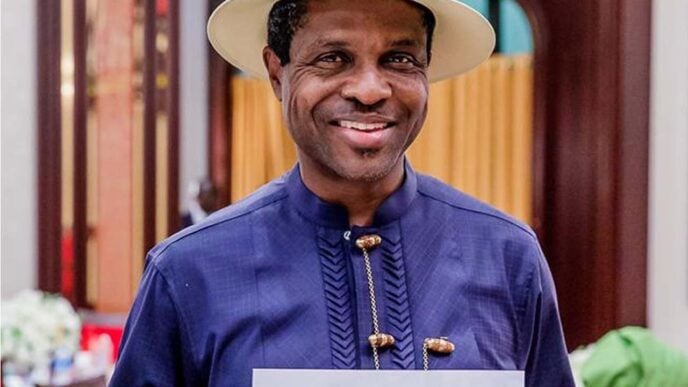Stakeholders have described the national social register (NSR) as a critical tool in Nigeria’s social protection system.
Speaking on Monday during a one-day programme organised by the National Social Safety-Nets Coordinating Office (NASSCO) in Lagos, the stakeholders said the national social register will ensure that the government interventions reach the poor and vulnerable.
The event was themed “Advancing Social Protection through the National Social Register.”
The session brought together government officials, development partners, and state representatives to discuss how the register promotes transparency, accountability, and effective social protection delivery across the country.
Advertisement
Funmi Olotu, national coordinator of NASSCO, said the NSR was a “living instrument of hope” for millions of households.
“Over the past year, I have witnessed firsthand the transformative power of social protection. We have repositioned the National Social Register, ensuring that support reaches the households that need it most,” she said.
“As of August 31, 2025, a total of 7,681,933 updated household records have been received from 36 states and the FCT. From these households, 9,590,043 National Identification Numbers (NINs) were reported.
Advertisement
“Out of these, 9,142,423 NINs have been shared with the National Identity Management Commission (NIMC), and so far, 8,397,702 NINs have been successfully validated.”
She stressed that the register was designed as a transparent system, giving voice to the poor and vulnerable, and ensuring that government interventions are evidence-based rather than politically motivated.
“The National Social Register is more than numbers. It is a reflection of the lives, struggles, and resilience of Nigerians across the 36 states. It ensures that government policies are anchored on credible data,” Olotu said.
“This work is not one agency’s responsibility alone. We need the collective effort of states, local governments, and our partners to sustain the register as a platform that can stand the test of time and truly deliver for Nigeria.”
Advertisement
Wale Edun, minister of finance and coordinating minister of the economy, represented by Imaan Sulaiman-Ibrahim, minister of women affairs, described the register as the “operating system of social protection” in Nigeria. He said more than 19 million households, representing over 70 million Nigerians, have been captured.
“By linking records to the National Identity Number, names, and bank accounts, we are building a transparent system where every naira spent is traceable to a real person with a real story,” Edun said.
Abdullahi Sule, governor of Nasarawa, said poverty remains visible in many rural communities.
“If you want to see naked poverty, you only need to visit some of our villages. You can feel it, you can touch it, and you can see people living in real poverty,” he said.
Advertisement
He said the state’s register has expanded to cover over 570,000 households, representing nearly 1.9 million people as of July. Sule recalled how his administration targeted marginalised groups such as Almajirai and persons with disabilities.
“After I was sworn in, we came across about 4,000 Almajirai in the state. After much deliberation on how to help them, we started giving them N5,000 every month. They pooled the money together as Adashe and gave it to one person each month to start small businesses. They even contributed money and bought a pair of shoes which they presented to me. When they brought it to me, I was in tears. Today, over 6,000 of them are beneficiaries of this intervention, receiving N10,000 monthly.”
Advertisement
Matthew Verghis, World Bank country director for Nigeria, represented by Fatima Jagun, senior operations officer, said the NSR is one of the largest in the world and a vital tool for social protection.
“These reforms are indeed a bold step in Nigeria’s journey towards economic stability and growth. While the reforms are necessary, the associated increases in the cost of goods and services have affected households, particularly the poor and vulnerable,” he said.
Advertisement
Tony Elumelu, chairman of Heirs Holdings, said hunger and poverty remain threats to national security.
“People who are happy, well-fed, and properly catered for do not pose any form of security threat to a country,” he said.
Advertisement
“I call on Friends of Nigeria, our global partners around the world, to rally together, not just in words but in tangible action, to support the government’s poverty alleviation drive.”
Badamasi Lawal, national coordinator of the National Social Investment Programmes Agency (NSIPA), said cash transfers are success stories that have directly impacted lives.
“When the income of the poor rises, the wealth of the nation rises as well. Giving stipends to the vulnerable will continue to increase the wealth of the nation,” he said.
